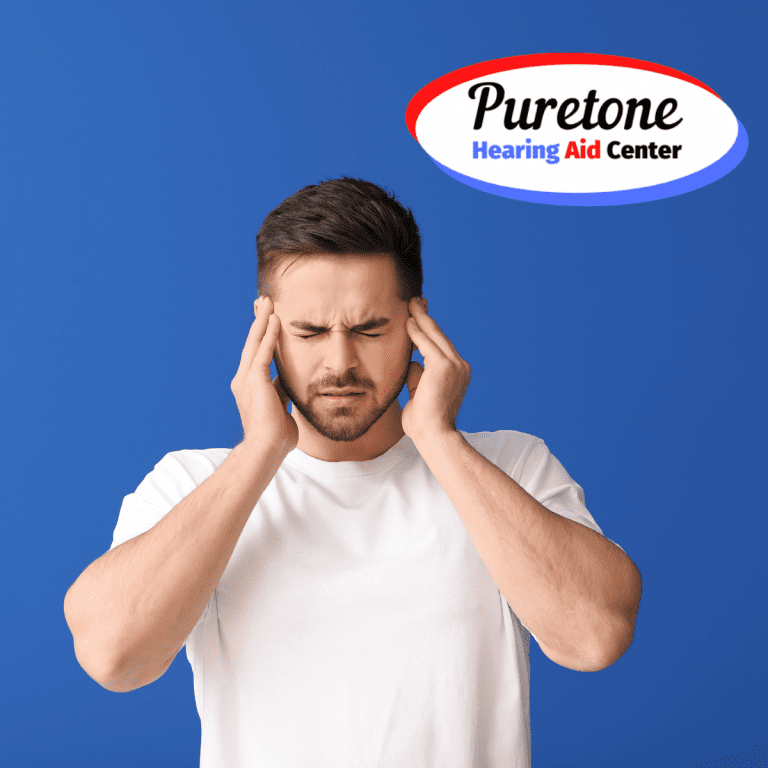We’ve all been there – standing near a blasting speaker at a concert, or working in a noisy construction site. These situations may seem harmless, but did you know that prolonged exposure to loud noises can seriously harm your hearing? Understanding the risks and knowing how to respond when damage occurs is crucial to maintaining good ear health.
The Noise Dilemma
Hearing is a complex process that involves delicate structures within our ears. When sound waves enter our ears, they vibrate the eardrum, which sends these vibrations to tiny bones in the middle ear. These bones amplify the vibrations and send them to the inner ear where they are converted into electrical signals that our brain interprets as sound.
When we are exposed to loud noises, these vibrations can become too strong, damaging the sensitive structures in our ears. This can lead to noise-induced hearing loss (NIHL), a type of hearing impairment resulting from exposure to high decibel (dB) sounds.
To put it in perspective, normal conversation typically occurs at about 60 dB, while a rock concert can reach levels up to 120 dB. Prolonged exposure to noises above 85 dB can cause permanent hearing damage.
Recognizing the Signs
The first sign of NIHL is often a temporary threshold shift, a short-term reduction in hearing sensitivity following exposure to loud noise. You might experience muffled hearing or tinnitus, a ringing or buzzing sound in your ears. Although this usually goes away after a period of rest from noise, repeated exposure can lead to permanent damage.
What To Do If Damage Occurs?
If you suspect that you’ve suffered from noise-induced hearing loss, it’s crucial to seek medical attention immediately. An audiologist can perform various tests to assess the extent of the damage and recommend appropriate treatment strategies.
Protecting Your Hearing
Prevention is always better than cure. Here are some steps you can take to protect your hearing:
- Limit Exposure: Avoid loud environments whenever possible. If you work in a noisy environment, take regular breaks to give your ears a rest.
- Use Protection: Wear earplugs or earmuffs when you can’t avoid loud noise. They can significantly reduce the level of noise reaching your eardrums.
- Turn Down the Volume: Whether you’re listening to music, watching TV, or using headphones, keep the volume at a safe level. A good rule of thumb is to set your volume no higher than 60% of the maximum.
- Get Regular Check-ups: Regular hearing tests can help detect early signs of hearing loss.
Remember, once your hearing is damaged, it might not be recoverable. So, protect your ears and cherish the gift of sound.



